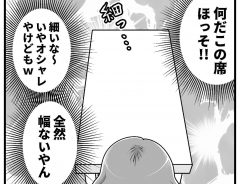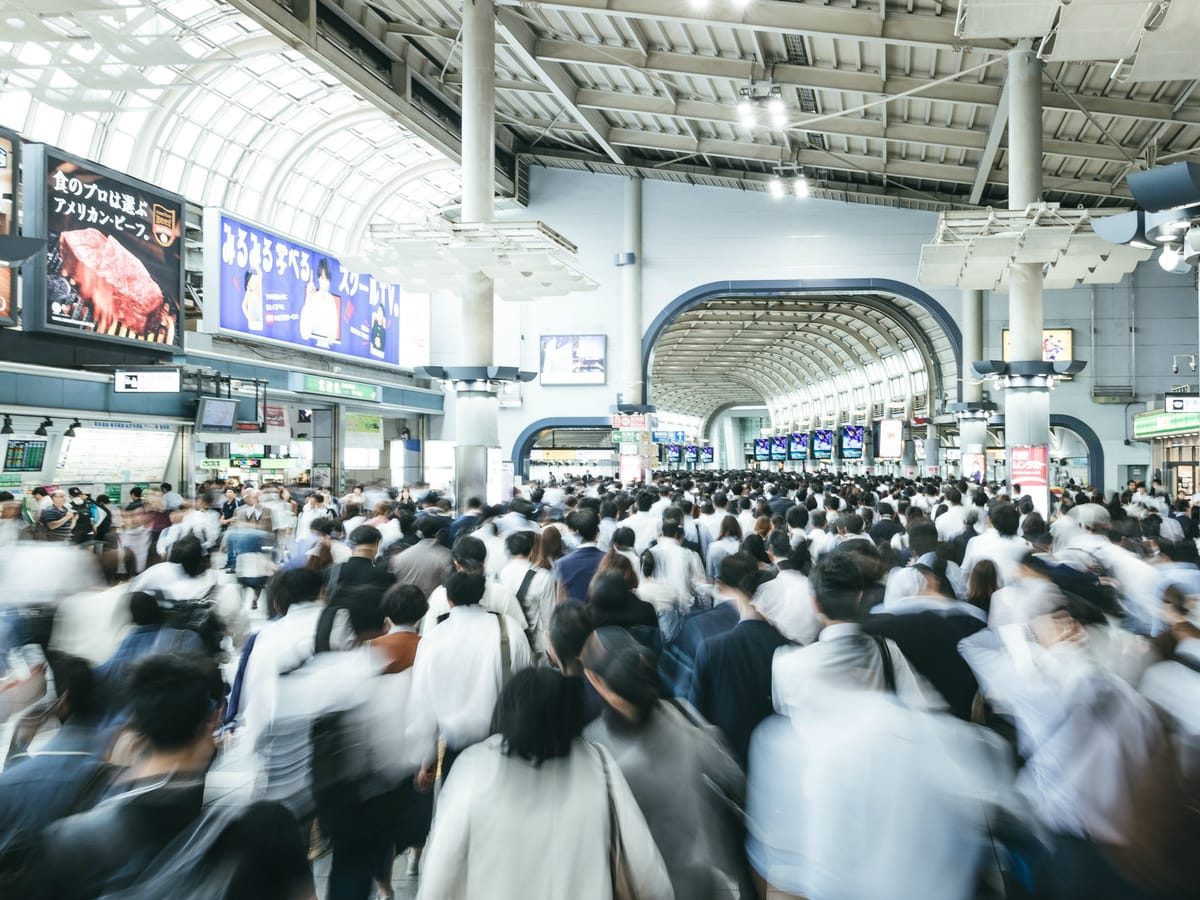- Tags:
- Dining / Etiquette / gaijin smash / Japanese manners / Manners / nightlife / politeness
Related Article
-

Japan’s Caffè & Bar Pronto offers free “drinking etiquette” masks to patrons during pandemic
-

Manga highlights the awkward problem present at many Japanese restaurants
-

After Heartbreaking World Cup Loss, Japanese Team Cleans Locker Room And Leaves Thank You Note
-

Los Angeles Metro Turns To J-Pop And Anime Girls To Teach Train Manners
-

Third of Service Industry Workers Banned from Wearing Masks Despite Coronavirus Outbreaks
-

How to really enjoy Golden Gai, a famous bar hopping haven in Kabukicho, Tokyo



As an ex-pat, I can confirm that life in Japan takes some getting used to. Several customs are unique to the island nation, and there are more than enough social nuances and contexts to follow. Homelife also takes some adjusting as apartments are arranged somewhat differently than back home.
Despite being a great place to live, anyone moving to Japan can expect to commit more than a few faux pas. The worst I was ever guilty of occurred about six months into my time here.
At the time, my Japanese instructor graciously organized for me to attend a tea ceremony at her friend's house. The individual was a certified tea ceremony teacher and a very nice and gentle lady. We arrived at her countryside home and found everything prepared for our visit. Although there were about five of us partaking, as the only non-Japanese participant, I was the guest of honor.
Sure enough, the tea ceremony teacher performed a beautiful ceremony and offered everyone tea. When finished, I was singled out to decide whether or not the group would have refills. I said OK, everyone drank, and again I was asked if we should have more. It seemed like everyone was still socializing, so again I said OK.
Overall, I thought nothing of it. However, on the ride home, my Japanese instructor told me in an admonishing tone that we had likely drunk over a hundred dollars worth of tea. As a coffee-drinking American, I was unaware that high-quality tea could reach such astronomical prices. Furthermore, the experience made it clear that Japanese etiquette would prevent others from "embarrassingly" pulling me aside to stop me from making such a fool of myself. Live and learn.
12 behaviors to avoid
Having said my peace, I figure it'd be worthwhile to study up on Japanese manners and etiquette. Fortunately, YouTuber Abroad in Japan has covered the issue in several videos to keep others from similarly embarrassing themselves.
Abroad in Japan begins by admitting there a lot of things to learn when it comes to etiquette in Japan. Understandably, it takes a lot of time before things solidify completely.
In this video listicle, the vlogger points out that eating and walking is frowned upon in Japan. Residents prize orderliness and clean streets, so a pedestrian dropping crumbs is no good. Most people eating in public finish their snack while standing in front of the business where they bought it before moving on.
While on the topic of food, chopsticks are also something to be mindful of. More specifically, visitors should refrain from standing the utensil upright in rice or passing bits of food from chopsticks to chopsticks. These actions are traditionally practiced at cremations, and their application elsewhere is disconcerting, to say the least. On the positive side, however, tipping is not a part of the dining culture in Japan.
Abroad in Japan also notes how commuting in Japan is a little different than back home. Trains, for example, have the atmosphere of a library and are very quiet. Naturally, talking loudly on cell phones is discouraged, and many reminders are posted throughout train cars.
Abroad in Japan goes on to note a few more manners to keep in mind:
Nightlife Tips and Tricks
While that covers the everyday stuff, Japanese nightlife is another beast. Fortunately, Abroad in Japan has also covered the issue:
First things first, while pub crawling, any patron is likely to be confronted with menus covered in Japanese and no pictures. At times like this, asking "osusume wa nan desu ka?" ("What do you recommend") is an easy go-to move. Staff will be happy to suggest several items.
Another tip is to take advantage of the hand towel provided at most restaurants throughout the meal. They are pleasant to use and a lifesaver when handling greasy food late at night. Be prepared to pay a seating charge at some restaurants, an unfortunately unavoidable part of eating out in the country. A final thing to be aware of is that Japan is still largely a cash-based society. This means that at pubs and bars, in particular, credit cards are not usually accepted. So be sure to have cash ready, although, again, there is no need to tip.